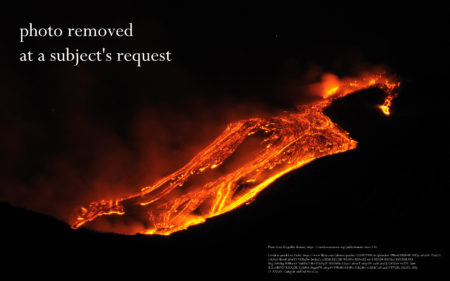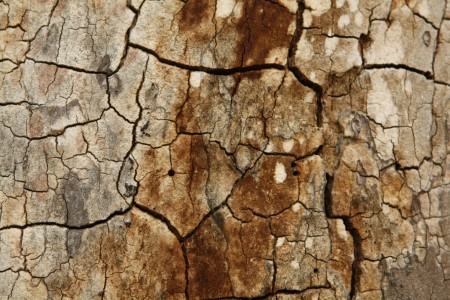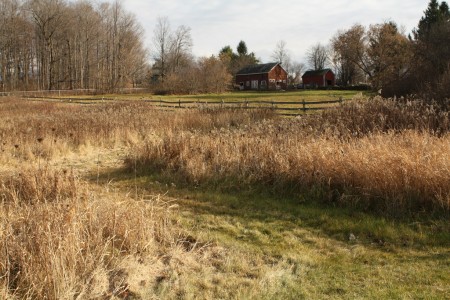[Image removed at the request of a subject (2019-10-01)]
This page is intended for those who (a) don’t believe that climate change is happening, (b) don’t think human beings are causing it, or (c) don’t think it’s something we need to take action on. You may believe that nothing is changing at all, or that the problems associated with adapting to climate change would be a lot more manageable than those associated with stopping it in the first place.
Those in your position should consider a few things. First, there is the matter raised by Greg Craven. In the face of something potentially threatening, we cannot always wait indefinitely to make a decision. Indeed, we are making a decision implicitly in every day when we fail to take action. What we need to do is make the most intelligent choice based on the information we have, not decide definitively who is right: those who think climate change is an enormous problem, or those who think it is a manageable or non-existent one.
Consider the decision to take some precautionary action. While that does leave us facing the risk of taking more action than eventually proves to be justified, we also need to be aware of the risk that climate change is just as serious a problem as those who are most concerned about it have been claiming. If they are right and we do nothing, the future of civilization could be at risk. Precautionary climate policies may also produce other benefits, such as less dependence on imported fossil fuels and reduced emissions of air pollutants.
I recommend that you have a look at some of the high-quality sources of information linked on my climate change briefing page. I also recommend that you give some serious thought to risk management, the credibility of various sources, and the potential consequences of making the wrong choice.
It may be worth noting that, when I first started reading about climate change seriously back in 2005 or so, I was sympathetic to the argument that it might not be all that serious a problem, and perhaps we should aim to adapt to it rather than stop it. The understanding of climate science I have accumulated since then has left me deeply concerned that climate change is an enormous problem, about which we need to take decisive action quickly. I think many fair-minded people who take the time to look through the credible information available will read the same conclusion.
If you take a fair shot at that and still want to argue against climate action, at least you will be doing so from a more nuanced and well-informed perspective.
Last updated: 10 December 2009





